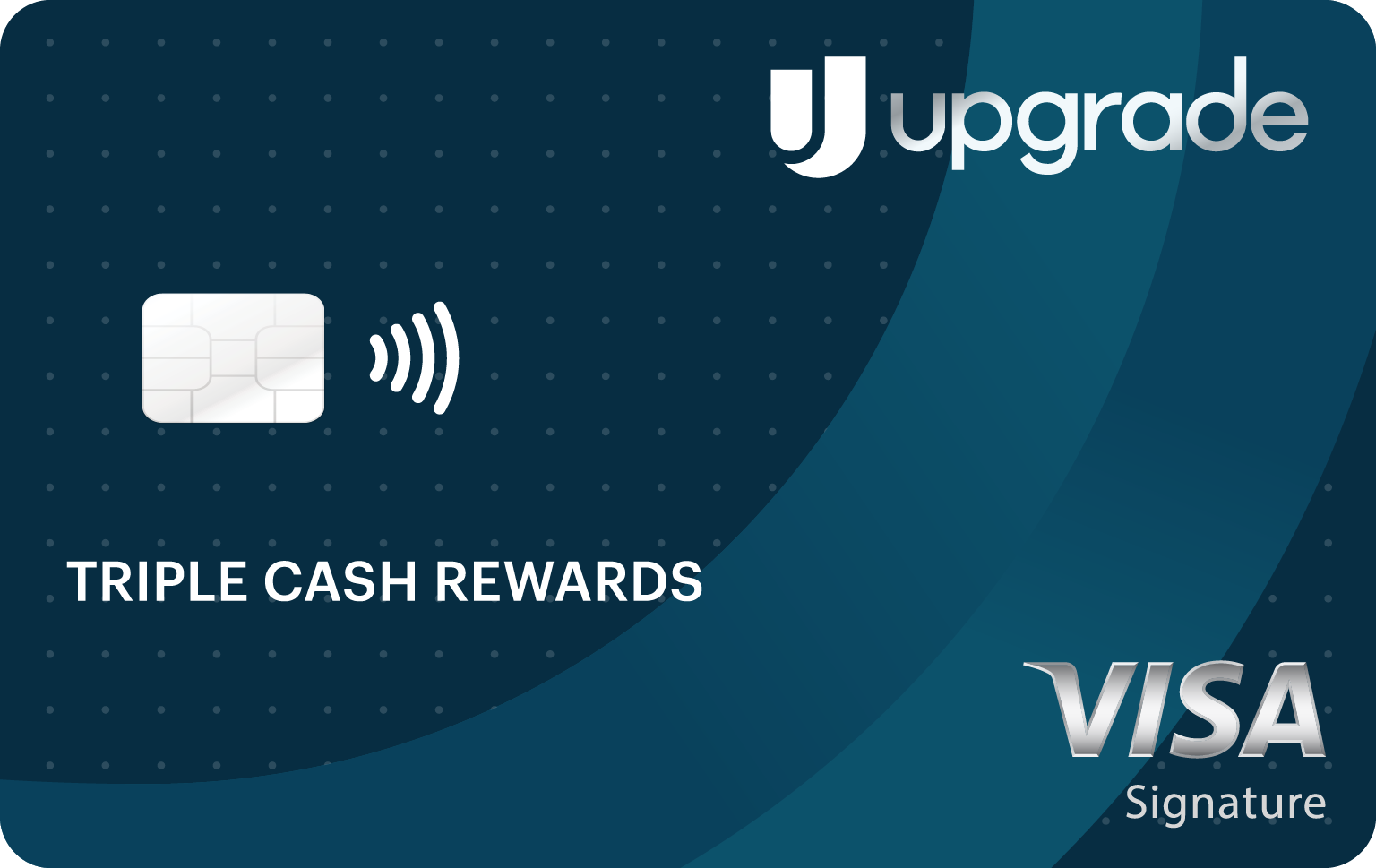Whether you’re an introvert supreme or you simply don’t want anyone else moving your stuff around, it’s not unusual to hate living with roommates. Some people love the constant companionship. Others like their independence and want to come home to a private haven each evening. If you’re tired of living with roommates, especially after years of dorm and college apartment life, there’s hope.
You don’t have to be rich to afford living alone. Check out these tips for managing and saving money to help you prepare to foot the bill for living alone.
1. Create a Personal Budget
First, you must have a personal budget. If every bill falls on you, you need to know exactly how much money you have to go around. A personal budget takes your monthly income and applies it to all the debts and other obligations you have. It also helps you plan to save and lets you know if you have enough to splurge on dinner out or concert tickets.
Almost 30% of people think they don’t need a budget. And many people turn away from creating a budget because they think it’s too controlling or they’re scared to face the numbers. But understanding exactly how much you should spend on groceries and other things each month is actually freeing. And it helps you manage money in a way that will help you afford living on your own.
Budgeting can be fun and easy with the right tools. You can start with a notebook and pen or use a budgeting app. Do what feels right to you so you’re more likely to continue budgeting as you move out on your own.
2. Consolidate Debt
Debt is a common reason many people can’t afford to live on their own. Consolidating your debt is one way to potentially reduce how much it costs you. A debt consolidation loan or balance transfer credit card can help. Even if consolidation doesn’t diminish how much you pay in debt immediately, it can help you pay down debt faster.
Paying down your debt is one of the best ways to position yourself to be more independent financially. If you’re paying $200 minimum in credit card debt every month, that’s $200 you can’t use to pay for rent. That could be a fifth to half of your rent, depending on the apartment you choose. Make a plan to pay off as much credit card debt and other debt as possible before you strike out on your own.
Upgrade Triple Cash Rewards Visa®
- $200 bonus after opening a Rewards Checking Plus account and making 3 debit card transactions*
- Unlimited cash back on payments: 3% on Home, Auto, and Health categories and 1% on everything else after you make payments on your purchases
- No annual fee
- Combine the flexibility of a credit card with the predictability of a personal loan
- No touch payments with contactless technology built in
- See if you qualify in minutes without hurting your credit score
- Great for large purchases with predictable payments you can budget for
- Mobile app to access your account anytime, anywhere
- Enjoy peace of mind with $0 Fraud liability
- *To qualify for the welcome bonus, you must open and fund a new Rewards Checking Plus account through Upgrade and make 3 qualifying debit card transactions from your Rewards Checking Plus account within 60 days of the date the Rewards Checking Plus account is opened. If you have previously opened a checking account through Upgrade or do not open a Rewards Checking Plus account as part of this application process, you are not eligible for this welcome bonus offer. Your Upgrade Card and Rewards Checking Plus account must be open and in good standing to receive a bonus. To qualify, debit card transactions must have settled and exclude ATM transactions. Please refer to the applicable Upgrade VISA® Debit Card Agreement and Disclosures for more information. Welcome bonus offers cannot be combined, substituted, or applied retroactively. The bonus will be applied to your Rewards Checking Plus account as a one-time payout credit within 60 days after meeting the conditions.
3. Open a High-Yield Savings Account
If you don’t have a lot of debt, you’re already ahead of the game. But you still might not have a lot of cash on hand, and you need some money to move into a new space. At minimum, you’ll likely have to put down the first month’s rent and a security deposit. You might also need to pay your last month’s rent, invest in furniture or get renter’s insurance.
One way you can get to your goal faster is by opening a high-yield savings account. These accounts provide higher interest than other types of savings accounts, which means you can earn more on your investment. Look for savings accounts that meet your minimum first deposit capabilities and don’t eat up all your earnings with fees.
4. Save Money
Now that you’ve opened a high-yield savings account, you need to find a way to fund it. From savings apps that round up your purchases and pocket the change in a savings or investment account to snowball methods that let you tackle debt while gearing up to save a ton, you can save money in a variety of ways. Test out different methods for saving money to find ones that work for you. Having an emergency savings fund can make a huge difference when you’re the only one managing your home expenses.
5. Increase Your Income
Saving up for your big move is important, but you also need to make enough money to cover all your expenses after the move. One of the struggles for those just moving out on their own is that they might not have enough income to cover monthly obligations, a few enjoyable activities and savings. When you’re dealing with a high cost of living and student loan debt, can you really afford to pay rent and cover the grocery bills? If you’re asking yourself this question, don’t automatically assume you have to keep your roommates to survive. You might be able to make extra income in easy and fun ways to make up the difference.
6. Check Your Credit Score
A good credit score opens more doors in the rental market. It’s also even more important when you’re renting on your own because the landlord has to consider how risky you, as an individual, might be as a tenant. A higher credit score demonstrates that you’re more likely to pay your rent on time.
Check your credit score and find out exactly what factors might be bringing it lower than you’d like with the free Credit Report Card. The report card breaks your credit history down into the five factors that drive your score. It also gives you details about where your credit history is weak or strong, so you can work on specific areas to improve your credit before you look for a new place.
7. Build Your Credit
Once you take steps to increase your credit score and you land a new place that’s all your own, you should continue building and managing your credit. A good credit score can help you get a new apartment whenever you need. And the good news is that you can get started right now. Credit.com just launched a new product called ExtraCredit. When you sign up for ExtraCredit, you can use the Build It feature to have your on-time rent payments reported to the credit bureaus.
Another way to build credit is with responsible use of credit cards. If you start without a strong credit history, you may need to apply for a credit card that approves people with little or no credit. But once you move your score up, consider applying for a cash back credit card that meets your overall financial needs.
Disclosure: Review featured cards from our partners below.
It’s a good idea to only use credit cards to purchase items you would normally purchase—and thus have the cash flow to cover. Then, pay off your statement every month. But if you do this with a cash back credit card, you get the added benefit of extra money, which you can use to pay for groceries or toward the rent on your very own apartment.
Get Started on Your Own
It might not be easy, but discovering the financial independence that enables you to live on your own will be worth it if that’s your goal. Get started today with a high-interest savings account.






